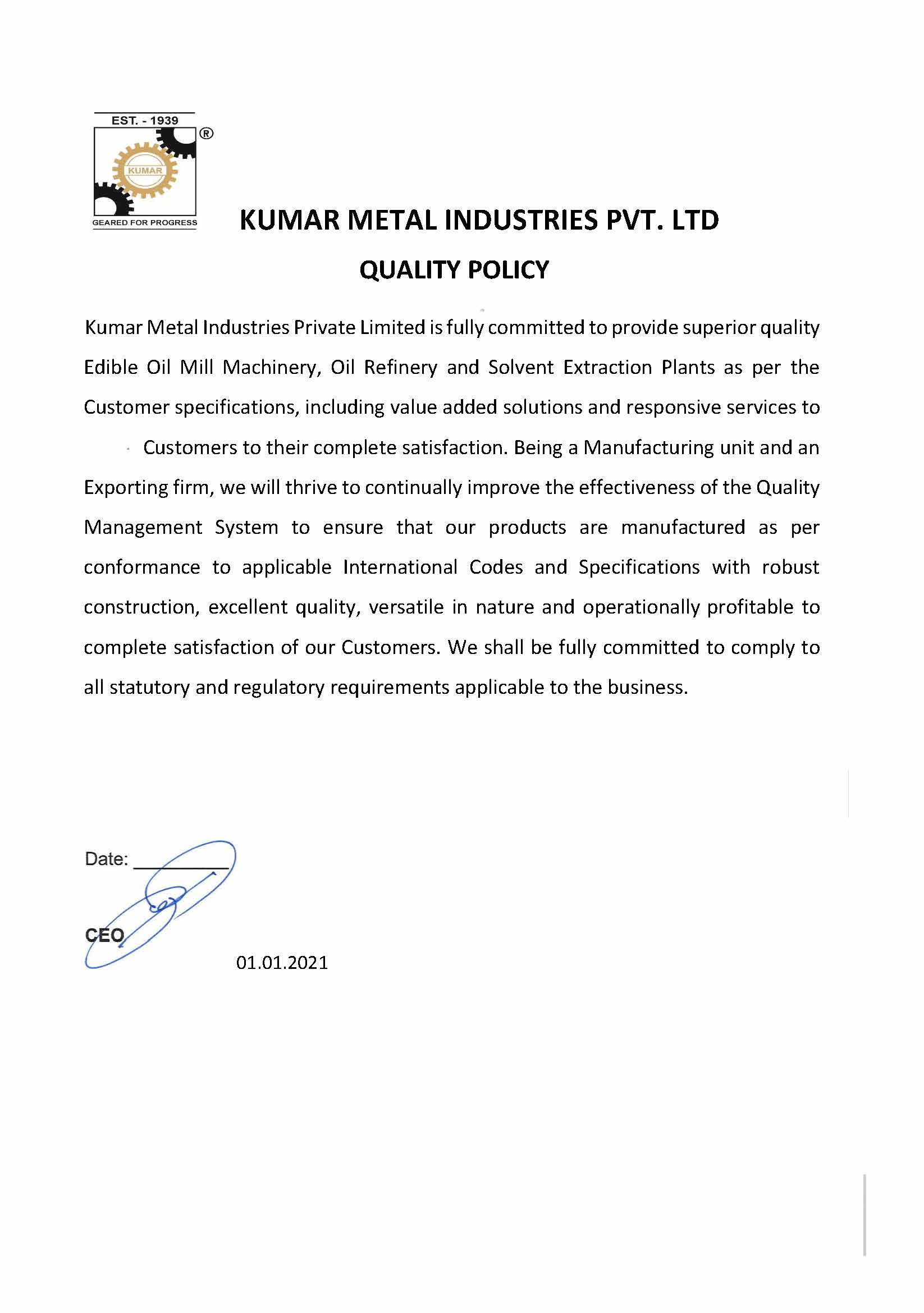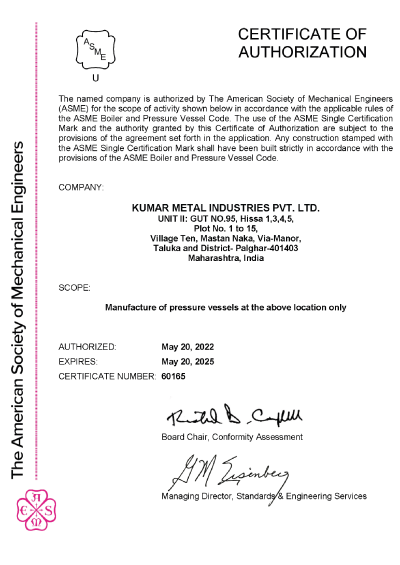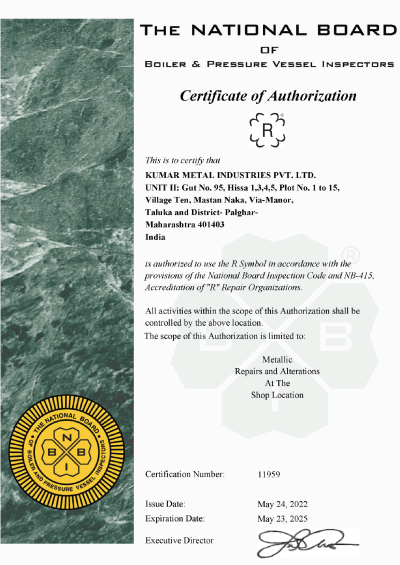
The world over, edible oil is used widely. For obvious reasons. Be it for frying, for use over salads, or sometimes even for their health benefits, edible oils have various uses within the kitchen and without. In different regions and cultures, the type of oil that is used and the way in which it is incorporated into food may differ. But one thing is for sure – the demand for oils and fats is not going away any time soon. So investing in an edible oil refinery plant might just be the way to go if the entrepreneur in you is looking for a new project.
Edible oil is already in high demand. As the global population rises, people’s standards of living rise, and consumers increasingly favour premium, human- and earth-friendly oils, the edible oil business looks like it will continue to ride on its high of profitability for a while. In the US, for instance, estimates suggest that roughly 20 billion pounds of edible oil is consumed annually, with that number projected to rise substantially in coming years. On the other side of the globe, in India as well, edible oil refinery plant businesses operate in full swing all year round as demand remains high come rain or sun. What’s more, India’s current production isn’t able to meet domestic consumption – some reports indicate that even though India’s edible oil demand in 2019-2020 was 24 million tonnes, the country only produced 10.65 million tonnes locally. Naturally, the rest was imported.
So yes, there’s no better time than the present for edible oil refinery plant manufacturers. And for edible oil refinery plant manufacturers in India? The time is even better – this is your opportunity to capitalize on the huge gap between supply and demand. And considering that you’d be able to price your products a lot lower than imported ones, you’re sure to have a big market and big margins.
The journey of edible oils, from seed to shelf, is a long one. In this article, we’re only looking at a small part of that journey. If you’re looking to get into the edible oil refining business, this article covers all the key steps and considerations that will help you set up an edible oil refinery plant. Make sure you carefully consider each of these points before you reach out to any edible oil refinery plant manufacturers in India or abroad. And you’ll likely be rewarded with a intelligently designed, beautifully engineered, and highly profitable edible oil refinery plant.
Let’s get straight to step 1.
📚 Doing your Research
Be it an edible oil refinery plant or any other production facility, the first step is always to gather as much information as you possibly can. Want to refine rice bran oil? Explore the demand for the oil in different geographies; look at what competitors are doing; study the preparatory, extraction and refining processes; find suppliers of raw materials; find manufacturers of deodorizers, bleaching, dewaxing and degumming equipment; and reach out to experts in the field. Is it virgin coconut oil you want to work with? Or maybe groundnut oil extraction? You know what to do – study the entire process, down the entire value chain, until you understand and know the landscape like the back of your hand. Knowledge is power. The more you know the trends in the market, the better you will be able to predict fluctuations, the better you will be able to communicate with your edible oil refinery plant manufacturers, and the better your overall chances of success will be.
📃 Crafting your Business Plan
After reading and learning comes doing. Craft your own business plan based on the findings from your research. This is, of course, easier said than done. Don’t hesitate to engage the services of a professional to chart out the intended scale of your operations, calculate your financial requirements to get the project up and running, and clarify the details of your edible oil refinery plant for not just your investors, but also yourself. The considerations we’ve mentioned below will also help you refine your business plan and make it as detail-oriented and comprehensive as possible.
💰 Must be funny, in a rich man’s world
Yes, we’re talking about money. While crafting your business plan, make sure you budget for your workforce, raw materials, infrastructure and utilities, equipment capital cost as well operating costs, repair and maintenance, licensing and permissions, and warehousing and logistics. Have a clear idea of how much money you will need to invest to prevent any surprises once you’ve already gotten started on the process.
🌾 Choosing your oil
Choosing the oil you want to refine may come first: in that case, this clarity will help you budget and plan better for mustard oil, shea butter, niger oil or whatever other oil you have picked. But in some situations, you may find that you have budget constraints or constraints to access a certain crude oil. In these situations, you may have to pick an oil to refine based on the limitations you’re working within.
To help you make this decision, think of culture and geography. For instance, some European countries may have a larger market for, say, olive oil. In India, on the other hand, you may find greater demand for sunflower oil, mustard oil, coconut oil, or palm oil, based on where in the country you are. Also think process: if you need a combination of equipment for several refining steps and your edible oil refinery plant manufacturers are unable to integrate them all into machines that fit your space, maybe you should pick an oil that requires less refining.
Sourcing raw materials, whose availability varies by climate, geography, time of year, and consumption patterns, is also an important factor to consider while making this decision.
🏭 Machinery requirements
Now that you have your plan in place, you want to get started procuring equipment, right? Invest carefully in a degummer, alkali refining equipment, a deodorizer, a pre-treatment and bleaching set up, and dewaxing and winterization machinery. Naturally, this list will vary slightly based on the crude oil you are using. But this is a good guide to follow to make sure you haven’t missed anything.
📍 Location
This step will go hand-in-hand with your equipment sourcing process. The space you have should, of course, be mindfully selected based on the source of your crude oil, the location of your market, the availability of supporting infrastructure and utilities, and general ease of doing business. But it should also be large enough to fit all your machines and people. Meeting all these criteria may be easier in industrial or economic zones. But there are other benefits you can leverage from being near a coast, close to transport hubs, or very close to your target market. Edible oil refinery plant manufacturers in India (and their customers) can also leverage the benefits of government-designated agro-processing clusters.
📄 Licenses and Permissions
When it comes to businesses related to food and beverage, naturally, there are many regulations, standards, and permissions – some mandatory, and some voluntary. These vary from country to country, and sometimes within countries as well. It’s best to check with your regional and national regulators for updated requirements.
In India, all businesses associated with F&B – yes, this includes your edible oil refinery plant – need valid licenses issued by FSSAI and BIS. You may also need similar certifications from your state government. Further, everything else that makes up your business will also need licenses; this includes a trade license, fire NOC, licenses regarding pollution control and labour, an import-export license and more. Coming to voluntary standards and certifications, you can also apply for certifications that guarantee the sustainability and quality of your process and products.
🧍♀️💵🌍 People, Profits, and the Planet’s Health: Sustainability and your Bottom line
The best, most socially responsible, and most sustainable edible oil refineries and edible oil refinery plant manufacturers care about more than just profits. Considering how dependent the industry is on plant-based materials, exploitative oil manufacturing is not sustainable in the long run. Neither is relying on cheap, unskilled labour.
For long term success and sustainability, it is important to invest well in your workforce. Training your people and helping them develop relevant skills will not only benefit employees but also your business as you will have a highly skilled workforce, the benefits of which will show in your business’ efficiency and productivity. As for the planet’s health – you can do your bit by not only sourcing sustainably from responsible agriculturalists and oil producers, but also by engaging in a circular economy by redirecting waste from your process to other industries like biodiesel production or animal feed mills. Investing a large amount initially may seem counterintuitive to you if you’re keen on cutting costs and improve margins, but in the long run, it pays off.
You will probably have a lot more questions you want answered before you get started on your mission to set up an edible oil refinery plant. Kumar is one of the best edible oil refinery plant manufacturers in India, as our 500+ happy customers can attest. So don’t hesitate to reach out to our team of experts, maybe even make use of our OM Innovation Centre, so that you can invest in your future with your eyes wide open.
Request a callback
Since 1939, Kumar has been delivering dependable process engineering solutions to the oils and fats industry. We're known for our robustly engineered, versatile, and operationally profitable plant and machinery. It's why customers all over the world depend on us to solve their processing challenges, big or small. If you'd like to know more about our solutions, please fill out the form below:
"*" indicates required fields



















